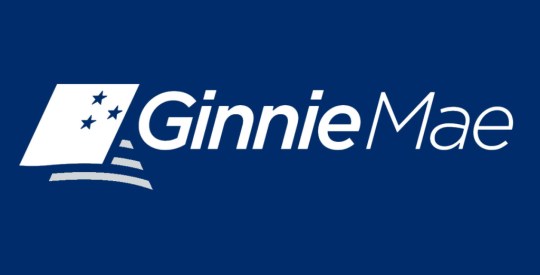Residential mortgage industry trade groups are calling on Congress to support certain risk retention provisions of the Wall Street Reform and Consumer Protection Act, especially the establishment of a new safe harbor for mortgages that meet sound underwriting criteria. The industry has historically sounded the alarm on costly credit risk retention, which will likely be mandated somewhere between 5% at the least and 10% at the most. This risk retention requires originators and securities issuers to keep some “skin in the game,” in an attempt to ensure the safety and soundness of mortgage products. But the mortgage industry warns such requirements may prove too costly to promote origination and securitization, and is urging some form of exemption for mortgages with sound underwriting practices. Language in the financial reform bill, which is being reconciled by both branches of Congress, would establish mortgage underwriting standards that encourages the sustainability of loans and structured finance products, according to a joint letter to Congress from the Mortgage Bankers Association (MBA) and nearly half a dozen other trade groups representing “the entire residential mortgage lending industry.” The base text of the reform bill requires an exemption from the 5% risk retention requirement for mortgages that regulators conclude through rule-making qualify as “very well underwritten,” the MBA said in a separate statement of its position on the bill. “[P]roperly underwritten loans do not warrant additional risk retention and an across-the-board requirement will only lessen competition and increase costs,” the MBA said. The collection of trade groups urged congressional support for risk retention provisions, particularly the Landrieu-Isakson-Hagan qualified residential mortgage Senate amendment to securitization reform. The amendment establishes a Qualified Residential Mortgage safe harbor (not to be confused with the FDIC safe harbor) to apply to risk retention. The provision requires the establishment of a “gold standard” for mortgage securitization that aims to encourage sustainable mortgage products and structured finance transactions built from those loans. “The Senate bill focuses risk retention on higher risk products,” the joint letter reads, in part. “At the same time, it creates strong incentives for lenders to follow regulatory standards for sound underwriting and originate good, sound loans for consumers that will not bear the significantly higher costs that will be associated with mortgages that are subject to risk retention.” The MBA and other trade groups urged the creation of true legal certainty for lenders that underwrite mortgages within the standards of “Qualified Mortgage” status. As the text stands, lenders and loan holders can still be exposed to significant liability, even if a mortgage meets set underwriting standards, they said. This could lead originators to further tighten credit standards — more than required, which the groups said could hamper recovery in the housing and mortgage markets. The groups urged true safe harbor protection for lenders and investors that purchase loans meeting federal underwriting standards. However, industry dialogue over a rethink of underwriting standards is an ongoing debate. “Establishing a real safe harbor will provide important clarity and certainty to the capital markets. It will ensure that loans will be salable into the secondary market, and it will provide investors the clarity and legal certainty that these loans will also be compliant with the ability to pay and net tangible benefit standards,” the MBA and others wrote in the letter. “This is critical for a full recovery of the mortgage market, especially for the return of private capital for conventional loans not insured by the government.” Additionally, the groups are calling on Congress to ensure limits on fees and points on loans in “Qualified Mortgage” status do not raise the costs of borrowing or further limit access to credit. The text as it stands includes a 3% cap on the total points and fees payable in connection with the loan, but the groups warned the threshold could exclude low-balance mortgages — often made to low- or moderate-income or rural borrowers — from safe harbor protection. The groups also urged elimination of liability and damage provisions that would give borrowers a federal right of set-off or recoupment against creditors in some cases. This essentially provides “a powerful disincentive” against investing in mortgages and mortgage bonds, the groups said. They raised concern over language that would bring regulation of appraisal management companies (AMCs) under the authority of state appraisal boards, which could then set fees for appraiser registration within the AMCs. The groups urged Congress to avoid this “patchwork of disparate and burdensome requirements” and instead assign a single federal regulator. The MBA is joined in the letter by the American Financial Services Association, the Community Mortgage Banking Project, the Community Mortgage Lenders of America, the Consumer Mortgage Coalition, Housing Policy Council, and the Independent Community Bankers of America. Write to Diana Golobay.
Mortgage Industry Urges Risk Retention Exemption in Financial Reform Act
Most Popular Articles
Latest Articles
Ginnie Mae expands its monthly single-family reporting
The company seeks to monitor potential delinquencies and reduce financial strain on nonbanks
-
Freddie Mac’s proposed home equity product could unlock $850B in originations
-
Brian Icenhower on impact of commission lawsuits and low volume
-
Opinion: If you’re chasing volume, you’re chasing the wrong carrot
-
Why are existing home prices rising when sales are still so low?
-
FundingShield’s Ike Suri on the limits of AI in fighting fraud



